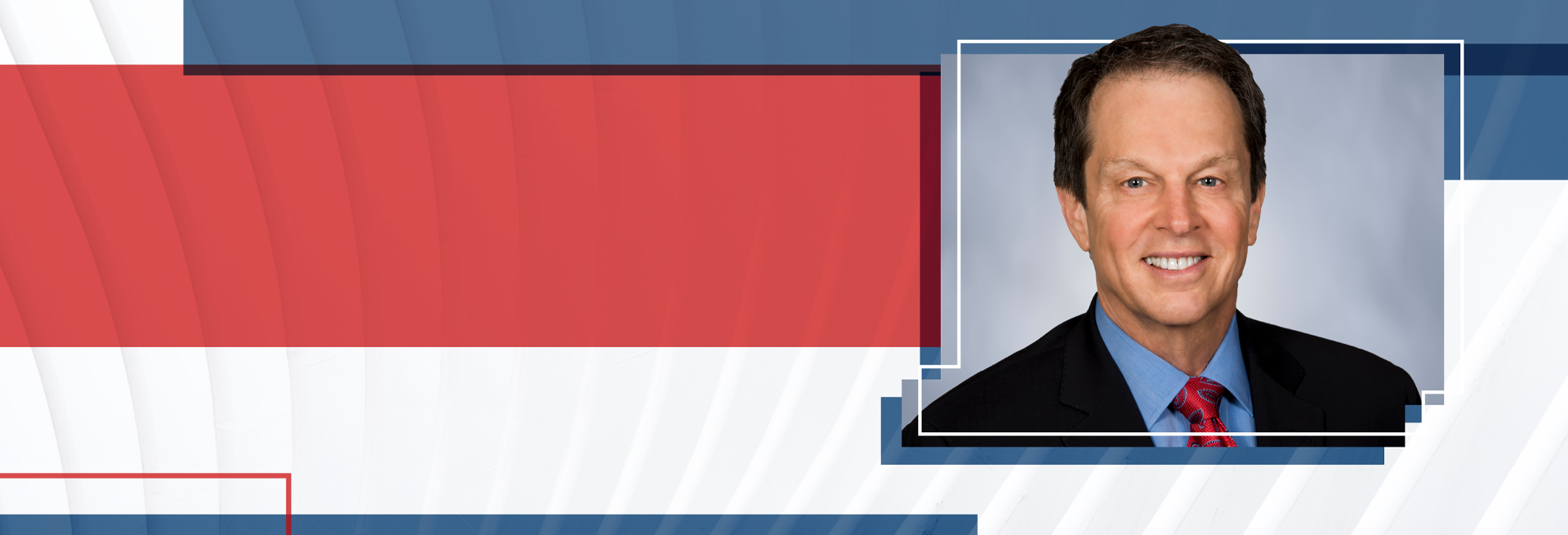Facing Down Global Threats There are few existential threats that require a significant effort by all of humanity. Over the past several years, the long-term impacts of one of them — climate change — has come into focus, thanks in part to scientists at Florida Atlantic University and many others around the world. And even though we knew about the possibility of the second one — a global pandemic — one overtook much of our daily lives with little warning.
What’s clear about climate change and the COVID-19 crisis is that researchers tackling these ultra-complex issues will help ameliorate the impacts to our environment, health and economies. I’m proud to say that FAU faculty, staff and students are doing their part to find solutions. Throughout this issue of Owl Research & Innovation, you can read about some of their world-changing work.
For example, John Reed at FAU’s Harbor Branch Oceanographic Institute discovered a unique underwater coral reef system off the coast of Florida. His work led to the world’s first marine protected area for deep-sea coral, preserving this irreplaceable biological system. Harbor Branch celebrates its 50th anniversary this year and John has been there almost the entire time.
Scientists at FAU Harbor Branch also are central to understanding the harmful algal blooms that plague much of our state, as well as waterways around the world. Additionally, the FAU Center for Environmental Studies is helping residents from South Florida to Georgia learn about coastal resilience in the face of rising seas.
Beyond our oceans and environment, many FAU researchers quickly took up studies related to COVID-19 as the pandemic bared down on us. FAU’s Clinical Research Unit launched a registry and repository so scientists can investigate how the disease impacts the vast majority of people who were infected but didn’t need hospital care. In addition, a number of federal agencies awarded FAU scientists with large research grants for other pandemic-related studies.
Our faculty have stood up to the challenges of our times — again and again. We all can take pride in that. You’ll learn about a few of those endeavors in the pages of this magazine.
Stay safe, and Go Owls!
John Kelly,
President
